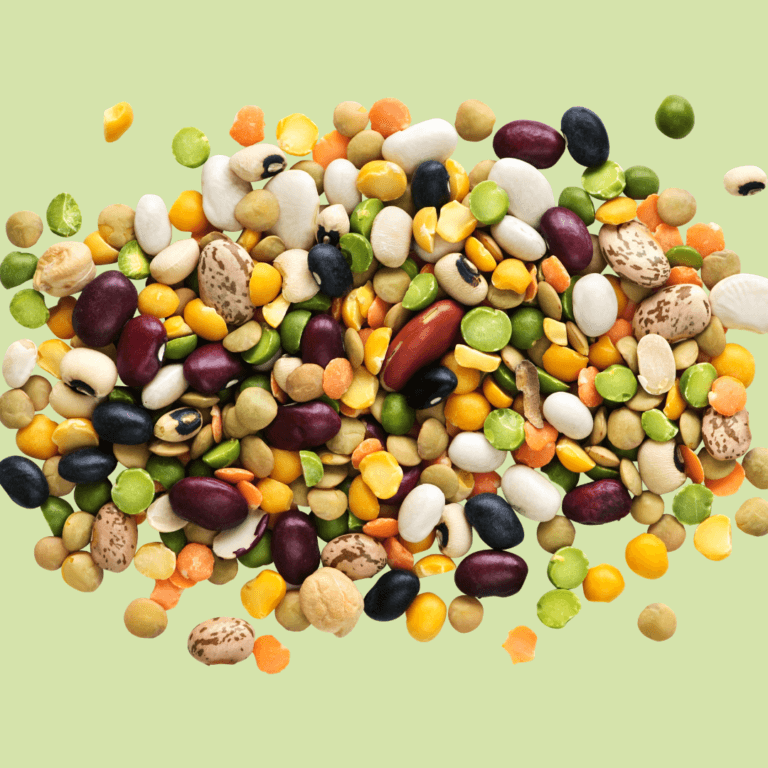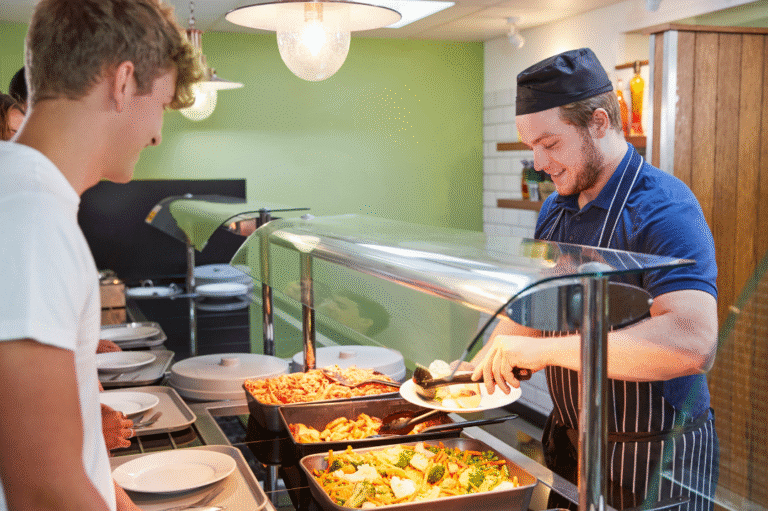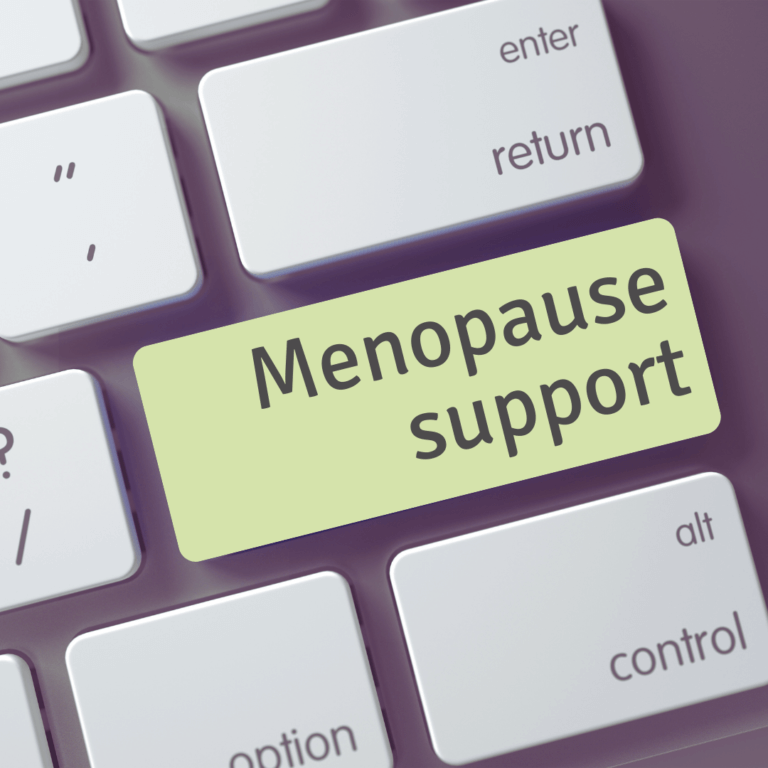Vitamin D is also known as ‘the sunshine vitamin’. However, its actually not a vitamin at all, but a hormone which is made in the skin when it’s exposed to UVB sunlight.
During autumn and winter months in the UK it is especially important to make sure you are getting enough of this vitamin as we can’t make enough of it from the sunlight at this time of year.

What’s so important about vitamin D?
Vitamin D is needed to help the body absorb calcium and phosphate from our diet. These minerals are important for healthy bones, teeth and muscles and can help reduce the risk of osteomalcia (softening of the bones) and rickets in children.
The vitamin has many benefits beyond bone health. Evidence suggests the vitamin may be beneficial in reducing risk of cancers, cardiovascular disease, infectious diseases, autoimmune diseases and even better mood (SACN, 2016).
Can I get vitamin D from the foods I eat?
Vitamin D is only found in a small number of foods. These foods are generally from animal origin. Rich sources include egg yolks and oily fish such as salmon, mackerel, herring and trout. Red meat also contains vitamin D and some foods and drinks may be fortified with vitamin D, for example breakfast cereals, fat spreads and non-dairy milk alternatives.
Should I be taking a vitamin D supplement?
Yes, in the UK, the recommendations are that all children aged over 1 year and all adults should take a vitamin D supplement of at least 10 micrograms (µg) a day. This is especially important over the winter months (NHS Choices website). All babies from birth up to 1 year of age should consume 8.5 to 10 micrograms (µg) of vitamin D per day.
There are vitamin D2 and vitamin D3 supplements available, which one is best?
You can get vitamin D supplements in two forms: vitamin D2 (ergocalciferol) and vitamin D3 (cholecalciferol). Most evidence suggests that vitamin D3 is more effective at increasing blood levels of the vitamin.
The vitamin D2 in supplements is found from plant sources (such as mushrooms grown in UV light), whereas vitamin D3 can be from animal sources (such as sheep’s wool) or plant sources such as lichen (a vegan-friendly source).
Do I need to take vitamin K along with a vitamin D supplement?
You can get combined vitamin D and vitamin K supplement as both of these vitamins are need for calcium metabolism. Vitamin D helps the body absorb calcium and vitamin K helps calcium get into the bones and reduces calcification of blood vessels and other soft tissue. This is a risk with very high vitamin D and calcium intakes.
However, current evidence suggests that there is no need to supplement with vitamin K as we generally get enough from our diet and also our gut microbes make vitamin K, so deficiency in vitamin K is extremely rare.
Vitamin K is found in green leafy vegetables like spinach, kale, broccoli, as well as vegetable oils, cereal grains, meat, fish, soy, eggs and fermented dairy such as cheese and yogurt. The Royal Osteoporosis Society has more details on vitamin K here, from Prof. Geeta Hampson, Professor of Clinical Biochemistry and Bone Metabolism, Kings College London.
Top tip for taking your vitamin D supplement!
As vitamin D is fat-soluble, absorption is improved when you take your vitamin D supplement with some food containing fat. Therefore, it is best to take your vitamin D supplement along with a meal.
Some studies have shown that by taking a vitamin D supplement along with the largest meal in the day (often the evening meal) improves absorption and results in about a 50% increase in vitamin D blood levels (Mulligan & Licata, 2010).
For 10 more reasons to take a vitamin D supplement see my previous website post here.





